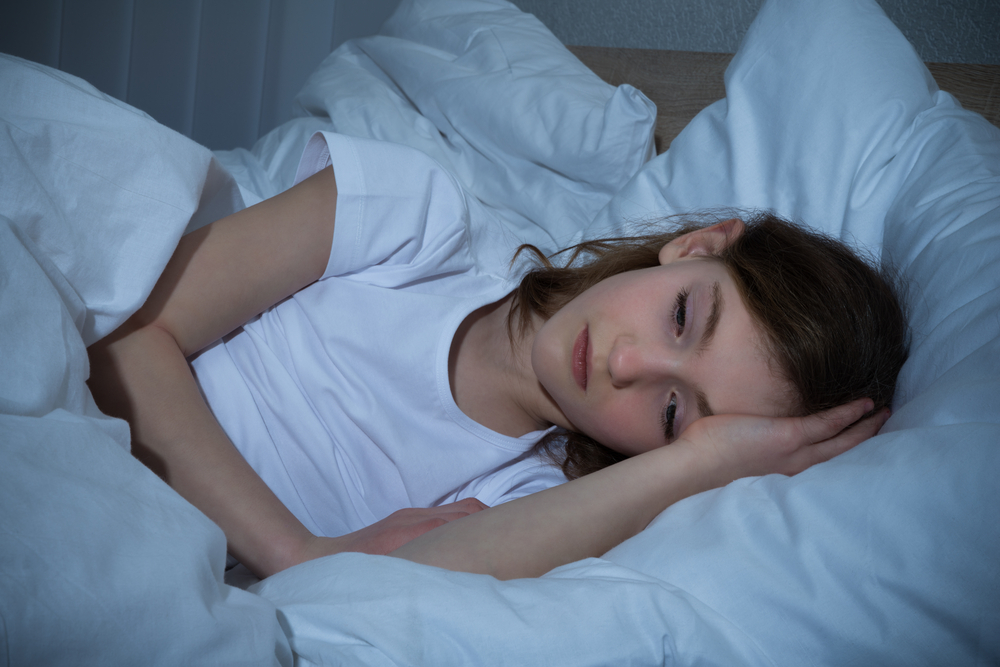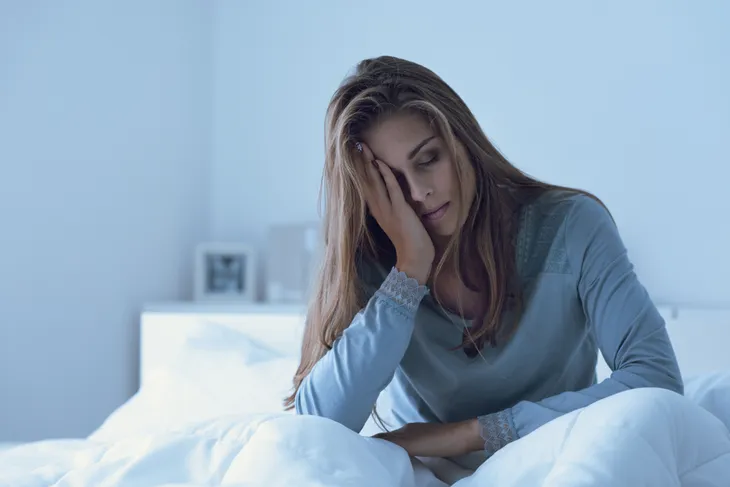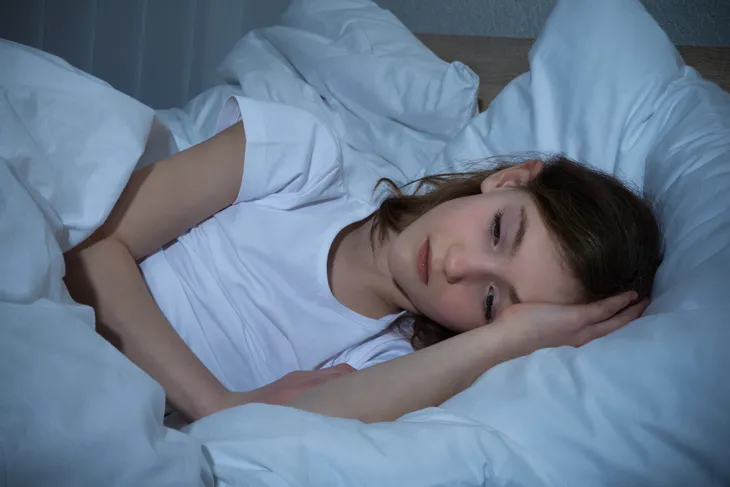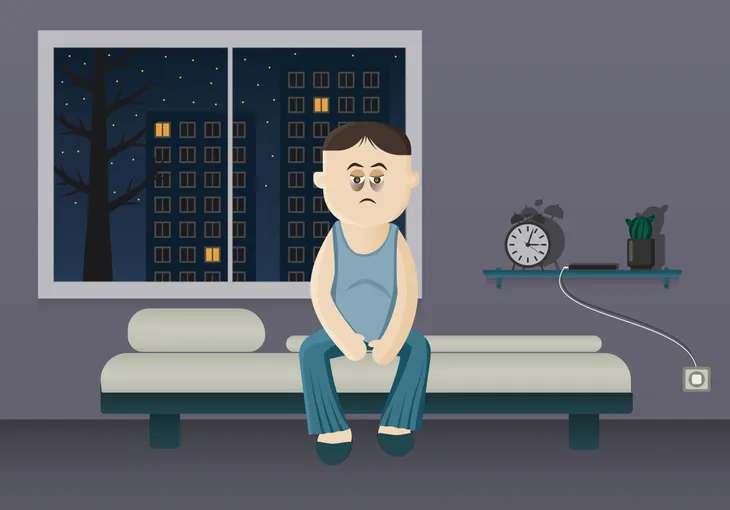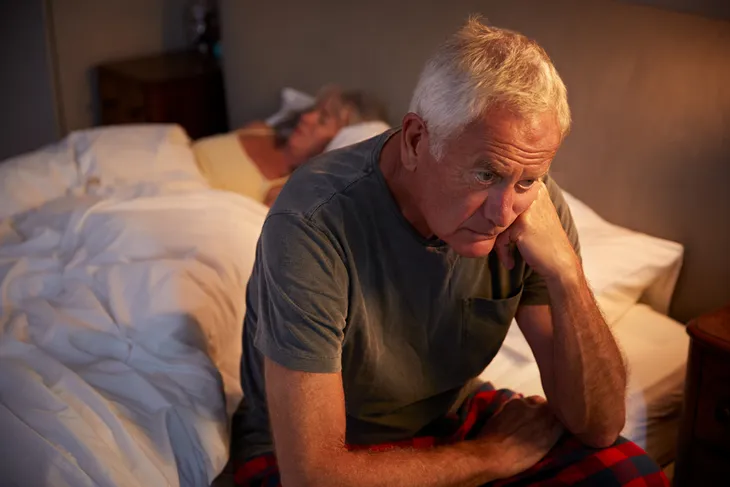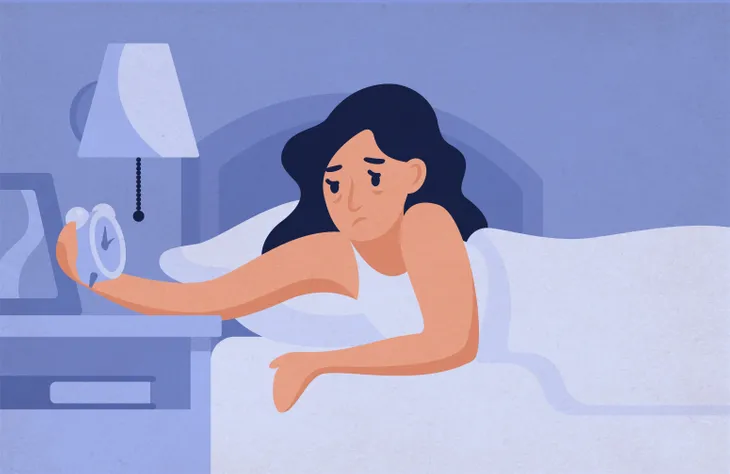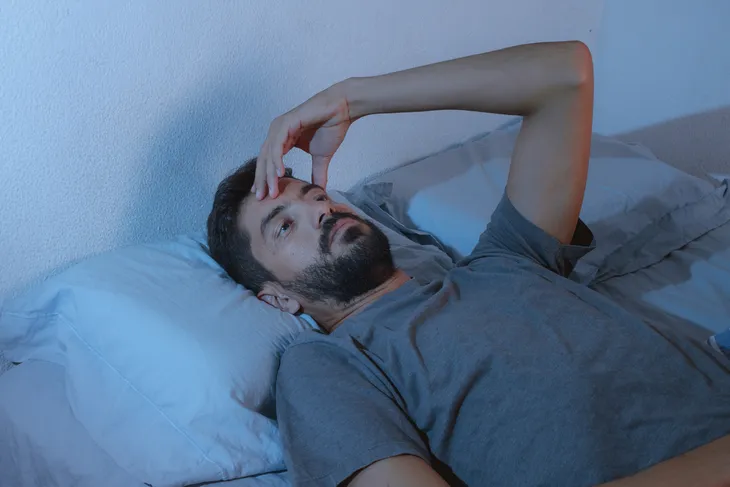Having a hard time getting to sleep at night? You’re not alone. Studies, including this one from the American Sleep Foundation, show that roughly half of all Americans report having trouble sleeping once in a while, and more than 1 in 5 suffer from chronic insomnia.
Generally speaking, insomnia is a symptom that may result from stress, anxiety, depression, a serious medical condition, pain, or a substance abuse issue. To help you overcome sleeplessness, you need to determine what type of insomnia is affecting you…
General Insomnia
The catch-all term for sleep disorders is insomnia, a classification of sleep-wake disorders that involves difficulty initiating sleep, difficulty maintaining sleep, and early-morning awakening. Insomnia can be simply defined as an overall insufficient quantity and/or quality of sleep.
If you’re only struggling to sleep occasionally, your doctor might diagnose you with episodic insomnia. However, if your sleeplessness is the result of something more specific, your treatment may require a different approach.
Adjustment Insomnia
As the name suggests, adjustment insomnia is sleeplessness that results from a major adjustment in the life of the patient. Also known as acute insomnia or short-term insomnia, it’s usually the result of stress from a major life event, including relationship breakdown (or divorce), the death of a loved one, the loss of a job, the emergence of a serious medical condition, etc.
Adjustment insomnia can be treated with medication, but may also require cognitive behavioral therapy to help the patient work through the stress and return to a normal sleep schedule.
Childhood Insomnia
Adults are the only people to suffer with insomnia, kids can also have significant sleep issues that can affect their ability to concentrate at school. Childhood insomnia is a serious issue that can negatively impact the natural development of a child.
Typically, doctors are reluctant to treat childhood insomnia with medication. The preferred approach is to have a conversation with the child to see what might be causing the problem. Often, it’s related to stress or an irregular bedtime schedule.
Idiopathic Insomnia
According to the American Sleep Association, “idiopathic insomnia is a form of chronic insomnia that is not identified by visible signs of its cause…[It] exists without the detectable presence of other sleep disorders, medical problems, medication or substance use or abuse, any underlying behavioral problems that could cause poor or unfulfilling sleep, and any psychiatric disorders.”
Idiopathic insomnia can be difficult to diagnose and treatment is similar to treatment for other types of insomnia.
Insomnia Due to Substance Abuse
There are a number of substances that can negatively affect the ability to sleep, including medication, caffeine, alcohol, and certain foods. Some medications can prevent sleep (which means you may need to take that medication earlier in the day). Caffeine can prevent the mind from effectively shutting down.
While alcohol can help one get to sleep it may cause mid-night waking, and some foods (such as spicy foods) can cause indigestion and prevent the onset of sleep. Your challenge is to determine how you can remove the problem substance from your diet in order to resume sleeping effectively. This change may require the support of medical professionals.
Insomnia Due to Medical Issue
Sometimes insomnia is a strictly mental health issue related to stress and anxiety. That can certainly be the case when a person is being treated for a serious medical condition.
Pain is often a symptom of a significant medical issue and can have a dramatic impact on sleep. Medications designed to reduce or eliminate pain can help, but they may also affect a patient’s sleep schedule. If you’re being treated for a medical issue, be sure to talk to your doctor about possible sleep problems and how to overcome them.
Paradoxical Insomnia
Paradoxical insomnia is a complicated matter that takes place without any clear evidence that sleeplessness is a problem. People with paradoxical insomnia misperceive how much they’ve slept and believe they’ve slept far less than they actually have.
According to Psychology Today, paradoxical insomnia “results from over-arousal affecting sleep such that the person spends more time in lighter stage of sleep and has more ongoing cognitive activity in these lighters stages.” If someone you know appears to be dealing with this type of insomnia, encourage them to be open and honest with their physician about the issue.
Psychophysiological Insomnia
It may sound highly complicated, but psychophysiological insomnia is both common and simple: it’s essentially insomnia caused by excessive worrying about not being able to sleep. In effect, it’s a vicious cycle: one does not sleep, so they worry about not sleeping and, for that reason, fail to get a good night’s rest.
In many cases, people with this form of insomnia focus too much on being tired the next day as a result of not getting a full night’s rest. In order to overcome these issues, they may need to be treated for anxiety or depression and take part in cognitive behavioral therapy.
